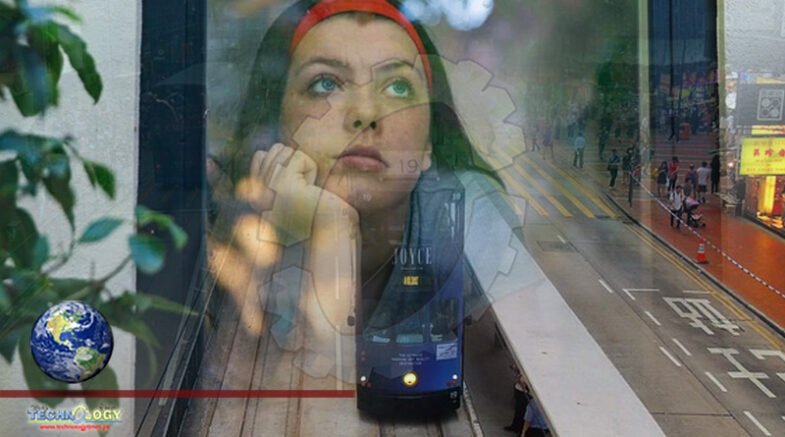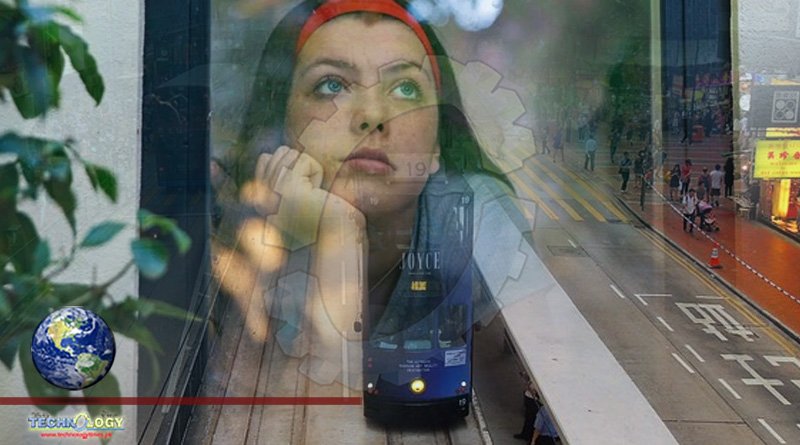In Life, social interactions are a huge factor in how we think because much of our brains is dedicated to social cognition.

It may seem an obvious outcome of a pandemic in our life where social contact is discouraged, even made illegal, but concerns about rising levels of loneliness were common before the pandemic, and will likely continue for the foreseeable.
Humans are an incredibly social species. That’s one of the reasons we have such powerful brains and advanced intelligence; to better keep track of and maintain numerous relationships. Completely depriving someone of any human contact is a recognized form of torture.
Basically, human wellbeing depends on interpersonal interactions and relationships. It’s no wonder that prolonged loneliness is associated with many serious health consequences such as an increased risk of depression, anxiety, dementia, stroke and heart disease, so an epidemic of it should be taken very seriously.
Is it inevitable, though? Are humans destined to experience loneliness in life, no matter what we do? That may seem to be the case when you look at it from a certain angle. While we’re undeniably social, humans also evolved in a tribal setting, where a few dozen individuals stuck together their whole (short) lives.
This has undoubtedly shaped how we work and what we’ve become. In the grand scheme of things, until relatively recently, in the developed world at least, your average human lived an existence which didn’t much deviate from this. We typically lived, worked, and raised families as part of tight communities, where everyone knew everyone and there was always someone around.
This is less and less common in the modern world. Blame capitalism, neoliberalism, individualism, globalisation, technology, or anything else which undoubtedly had a part to play in bringing about such changes. The fact is, spending your whole life in the same community and region is not the default now. Many of us go off to university, or relocate across the country, even across continents, chasing the available jobs and opportunities (just ask any academic).
While this may be the best approach on an individual basis, it means we often lack the ability, or opportunity, to ‘put down roots’, and thus build up a network of friends and relations that could be relied upon to counteract eventual loneliness. So, thanks to the world we’ve created for ourselves, is loneliness inevitable?
Not quite. Because the mechanisms of loneliness in our life aren’t quite as straightforward as we might think. The traditional image tied to the loneliness epidemic is that of an older person, past retirement age, living alone, because the modern world and the march of time has deprived them of the ability to interact with close friends and family. And while there are undoubtedly many examples of such people out there, recent evidence suggests that the actual picture is more complex.
For instance a 2018 survey of 20,000 Americans found fewer elderly people experienced loneliness than younger generations, even though the older generations were less likely to be able to do anything about their loneliness. Especially, according to a recent study at Harvard, older teens and young adults, who seem to be hit hardest by it overall, particularly during the pandemic.
This actually makes a certain amount of sense; elderly people have lived much longer and have thus had more time to cultivate lasting relationships, while younger people haven’t.
Also, feelings of loneliness are logically more likely in younger generations, given that their brain is extra-sensitive to peer approval and relationships. Plus, the younger generation increasingly find themselves in a demanding and uncertain world where the traditional means of fostering relationships are ever more difficult. The main issue here is that younger people still have ample time and capacity to make friends and forge meaningful connections, while lonely elderly people seldom do.
Also, a recent study by National Institute on Aging found that loneliness and social isolation seem to be different things. This means you can actually be cut off from much human contact, and not necessarily feel lonely. On the flip side, you may have a lot of human contact, and still feel lonely. This is likely because loneliness comes from a lack of emotionally rewarding, meaningful connections. As long as you have a few of those, you may still avoid feelings of loneliness.
It’s not so much that loneliness is inevitable, so much as the world around us keeps changing, and long-established means of maintaining relationships or a communal existence often no longer apply. People experiencing loneliness is a likely outcome of this. But while the world around is changing, so are the people in it.
Recent studies show that lonely elderly people taught to use social media experience little to no change in their loneliness, while younger people, born and raised in an online world, readily form meaningful relationships online (for better or worse). Unless something drastic happens in the interim, it suggests that when the younger generations become the older generations, they’ll not struggle with alleviating their loneliness via the internet.
All in all, it could be argued that increasing loneliness is one admittedly common consequence of a life in world and society constantly undergoing significant change. But increasing acceptance of things like remote technological connections, and movement away from habits like suppressing or denying emotions (particularly in men), could well counteract it.
It may be that loneliness is something experienced by many people for many years to come. But it need not be permanent, and it need not be inevitable.
Source BBC Science Focus Magazine
